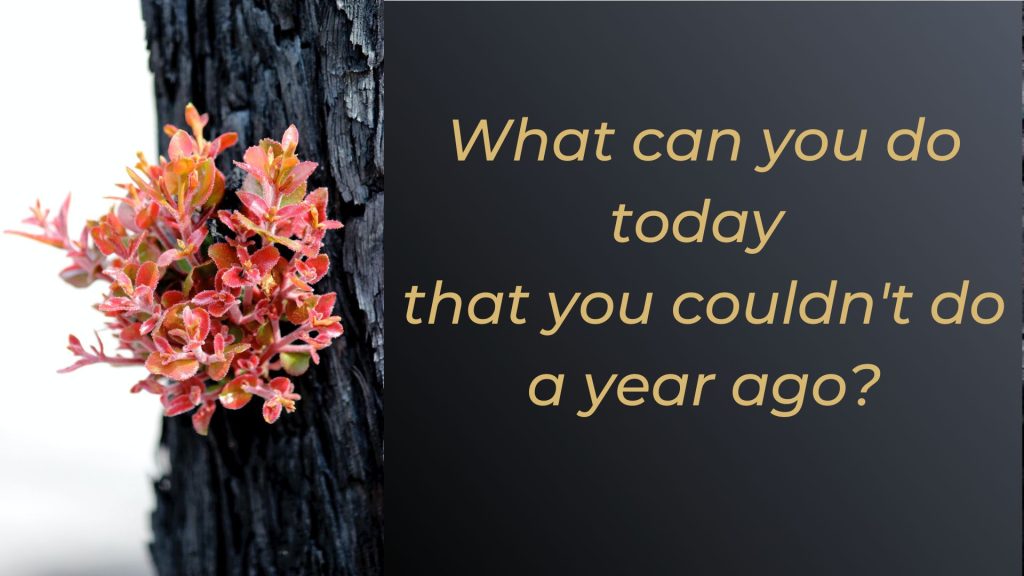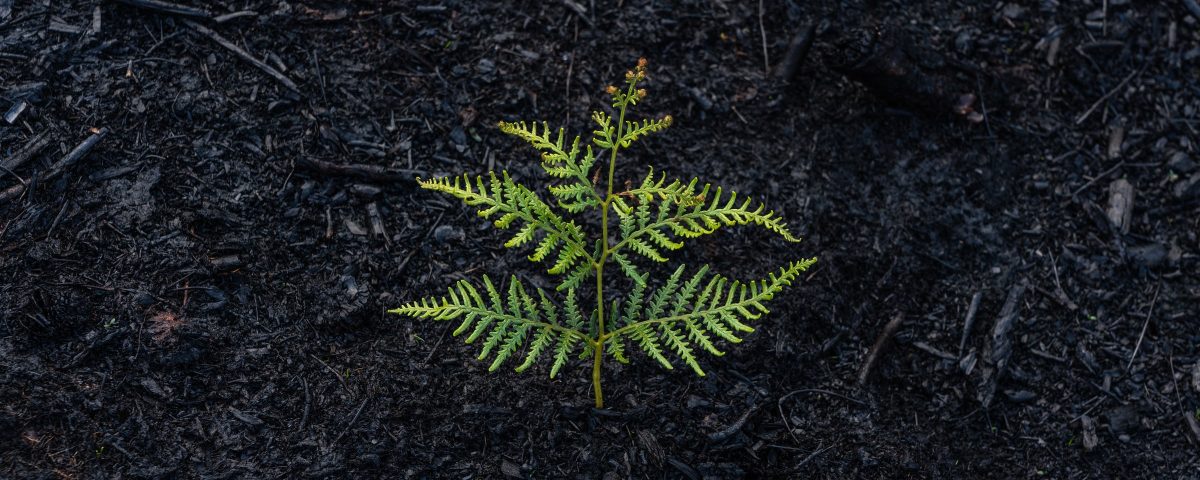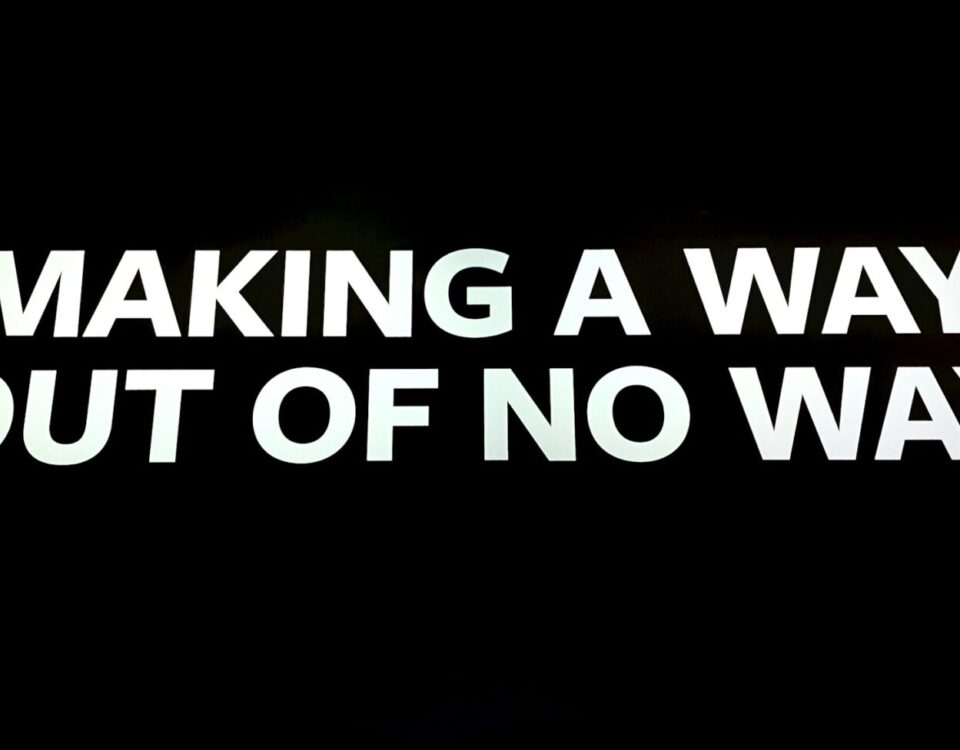
Ambiguity Intolerance
July 27, 2022
Frustration Tolerance
August 10, 2022Trauma experience – an event that overwhelms your capacity to cope. Emotions felt may include terror, helplessness, horror, numbness, deep sadness. Most people experience a period of post-traumatic stress. For some people this process lasts for years and impairs their day-to-day functioning, which is Post-Traumatic Stress Disorder. These are very real and understandable reactions to terrible events.
Post Traumatic Growth
Post Traumatic Growth is the development of new strengths or abilities, an increased appreciation, or positive awareness, as a result of having been through a difficult experience. In response to a traumatic event most people dig deep and find ways to cope or move forward. These newly developed skills then become a part of their everyday abilities. Relationships can be drastically altered in a time of trauma – people, including strangers, may step up to help in a way that is unexpected. These experiences allow for increased optimism, belief in others, or faith during a difficult time.
As a trainer I have spoken to many audiences of professional helpers – social workers, therapists, foster parents and more. So often, when we talk about why they do the work they do, people refer to their own trauma.
- “I had someone who helped me, I know what a difference one person can make.”
- “I had it rough as a kid, I appreciate that I have a nice house now and want to share it with others.”
- “God saved me from that, I figure I’m meant to do this.”
Many of them identified ways that they were more resourceful, understanding, or grateful given what they had been through in their past.
Both Can be True
This is not to say that people have one or the other – post traumatic stress OR post traumatic growth. If you have experienced trauma, you know that it is far more complicated than that. You may be triggered by reminders of the event and deeply appreciate the random stranger that helped in your time of need. I know people who struggle with long term effects of chronic trauma who also work to create possibilities for others. My own experiences are part of what drive me to write about resilience and to create opportunities for connection and growth.
I do not want to minimize the difficult and painful impact that trauma can have. I do not wish terrible times on anyone so that they have a chance to experience “growth”.

I do want to suggest that people notice the opportunity for post traumatic growth as part of their healing process. For some people, the traumatic event is a pivot point in their life – everything after is informed by what they have been through. They channel their new awareness and experiences to create the change that is needed in the world. For most people it is more subtle. A shift in priorities, an awareness that “I got through that – I can handle this” or an appreciation of day-to-day possibilities. Healing from trauma is a process that can take some time. Without minimizing the difficult times, it can be helpful to clearly identify ways that you have been able to grow in response to your experiences.
How have you experienced post-traumatic growth?
What did you learn from your own experiences?
Looking for growth after trauma allows you to develop meaning in the face of adversity. It speaks to Viktor Frankl’s quote, “Everything can be taken from a man but one thing: the last of the human freedoms–to choose one’s attitude in any given set of circumstances, to choose one’s own way.”
Peace,
Laura A. Gaines
Thank you for being part of our resilient community. Please feel free to share the link to this post in your personal and/or professional network.
To learn more, explore learnmodelteach.com for tools, videos, and coaching opportunities.




